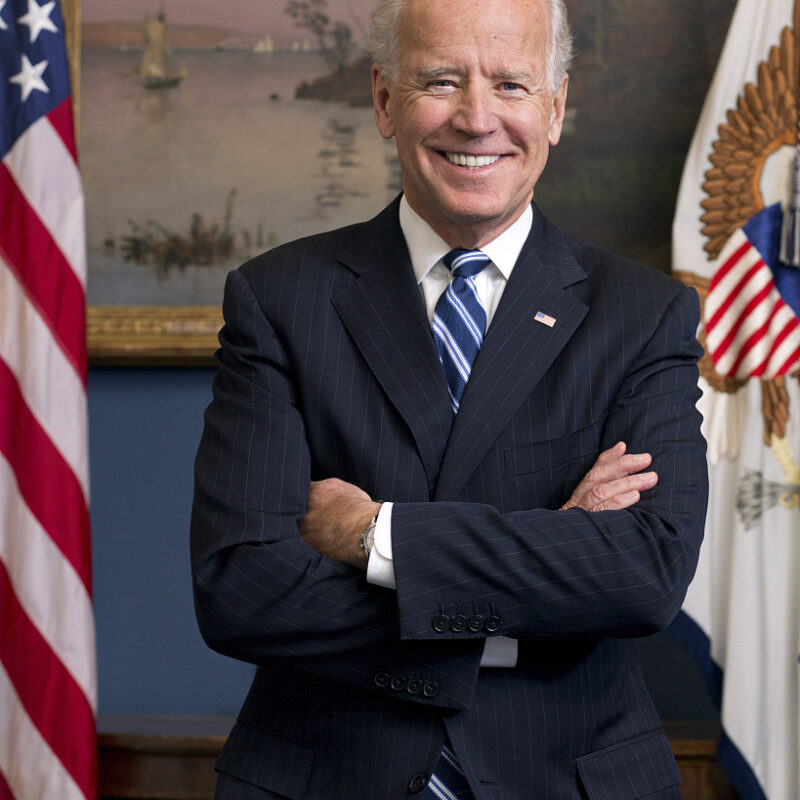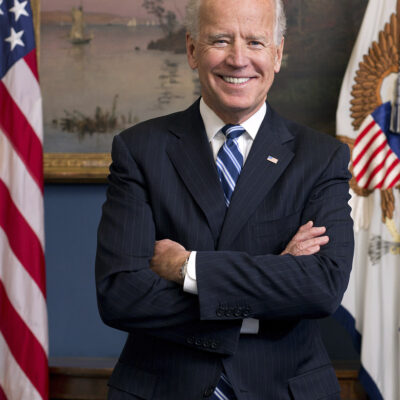China has recently blossomed into one of the fastest growing economies in the world with a rapidly increasing population and a greater emphasis on contact with the outside world.
The University of Virginia has been actively pursuing an academic relationship with the nation for some time and the interest is only growing.
“China is a rising power in the world, both economically, politically and militarily, so it’s important for Americans to know a lot about China and to understand their perspective,” says John Shepherd, UVA professor of Anthropology and director of the University’s East Asia Center. The center was founded in 1975 to give students and faculty the chance to partake in activities promoting and related to Asia. The center, in addition to offering Asia-related courses across departments and disciplines, sponsors study abroad and summer programs geared toward giving students the tools necessary to enter the new era as prepared as possible.
“To no small extent, students’ own economic prospects are being affected by the China trade and the growth of the Chinese economy,” says Shepherd. “China also represents important opportunities for students, in terms of jobs.”
Indeed, a recent New York Times piece reports that China has a gross domestic product that rose 7.9 percent and unemployment in urban areas is only at 4.3 percent, thus making the Chinese job market more enticing for entrepreneurs and recent grads.
Brantly Womack, professor of government and foreign affairs and chair of the Division of Asian and Middle Eastern Languages and Cultures at UVA, was head of the University’s 2020 Project on International Activities in 2000 and has been traveling to China since 1978. Under his supervision, the commission found that “International activities are the ultimate expression of UVA’s general purpose of enriching the mind.”
Womack says that the relationship between American universities and China has transformed in the last 25 years. “When it began, it was Chinese students and Chinese scholars coming to American universities to sort of catch up after the isolation of China,” he says. “That connection to China, just like the connection to Europe, has to be a fluent connection, has to be a connection where crossing from one to the other is not an insuperable problem.”
Some of the programs offered by UVA include the UVA in Shanghai program, focused on the Chinese language; the UVA China Gateway Program, focused on the history of the nation; the UVA School of Architecture Summer in Beijing; the UVA Studio Art Student Exchange Program with the Department of Fine Arts; and summer language programs.
Bradly Reed, professor of Chinese history and director of the China Gateway program, says that the students who enroll, about 20 on average, have no prior experience and no language background. “I get them raw and untutored,” he says. “Almost everyone, 80 percent of the students come back and continue their study in Chinese history and language.” Although this program is rather new—it began in 2004—other ties to China are growing.
To cement the reputation of UVA in China, UVA president John Casteen was asked to deliver the keynote speaker address at the third international Conference on World-Class Universities in Shanghai in November.
Ultimately, this relationship also involves faculty. Jeffrey Legro, professor of World Politics and Chair of the UVA department of Politics, has taught in Beijing. Legro says that one of the most striking parts of teaching in China was the caliber of the students, who were taught in English, and the sense that “if you are smart and study, you can really dramatically change your life,” he says. “There are a lot of industry magnates making fortunes, and there is a feeling that there could be a much tighter legal order, but there is such a dynamism that is really infectious.”
C-VILLE welcomes news tips from readers. Send them to news@c-ville.com.





